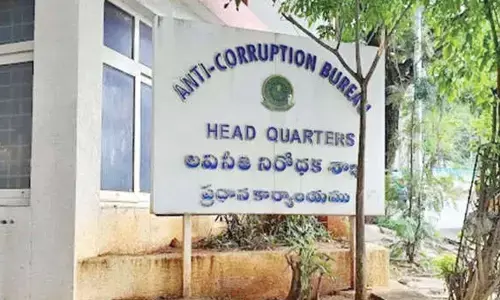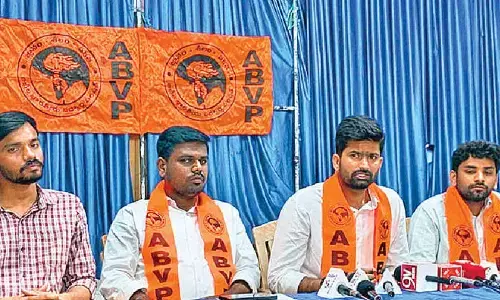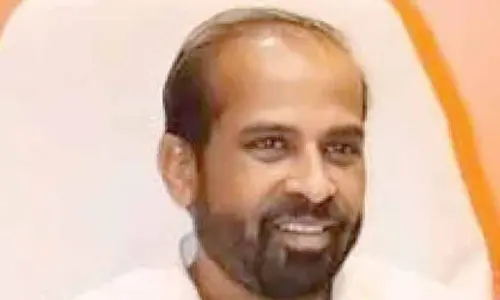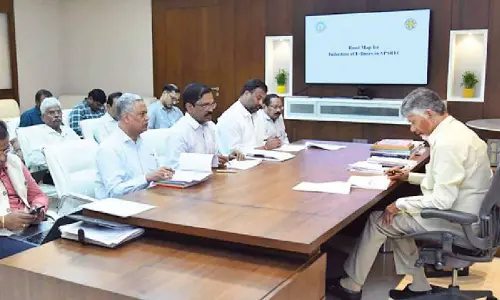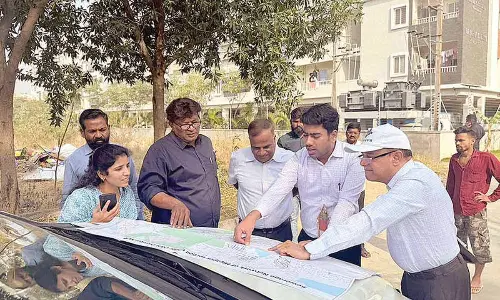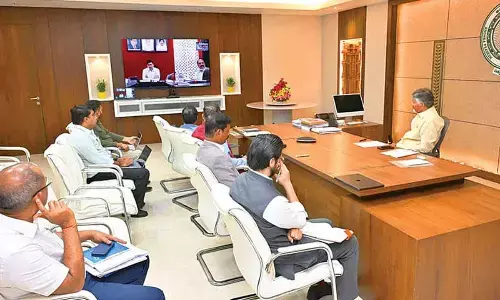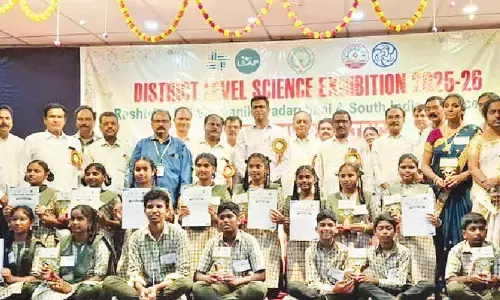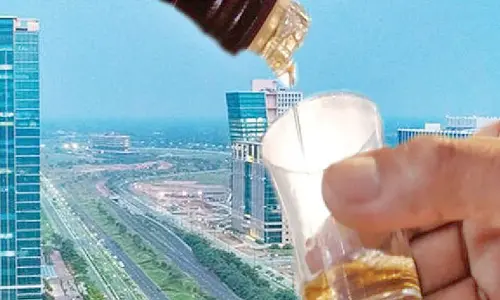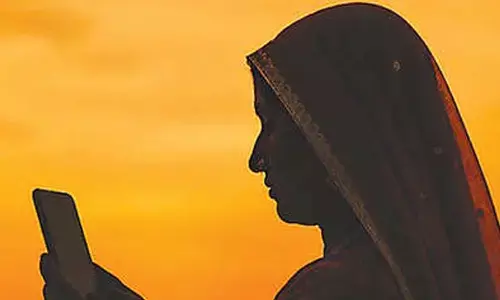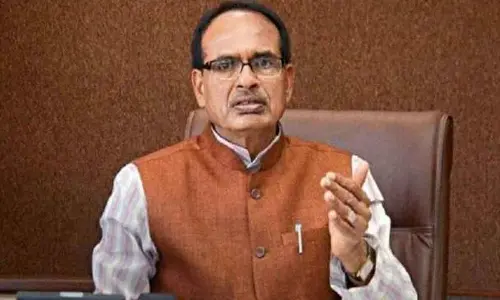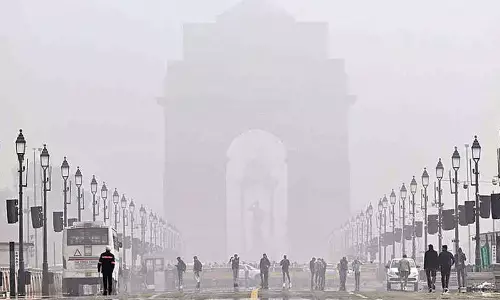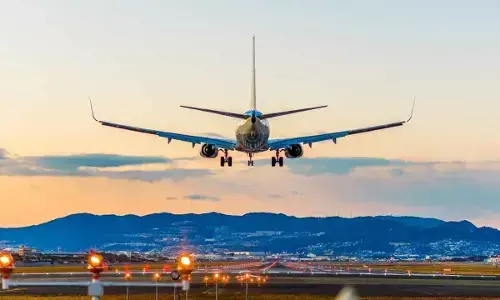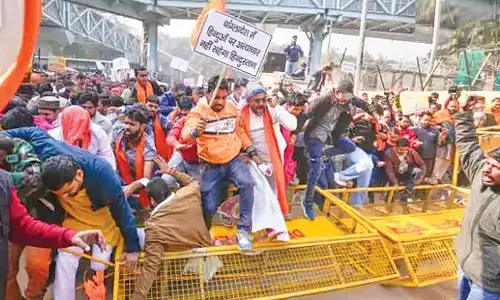Collaboration should be our future 'mantra': Kochi-Muziris Biennale co-founder Bose Krishnamachari
Share :
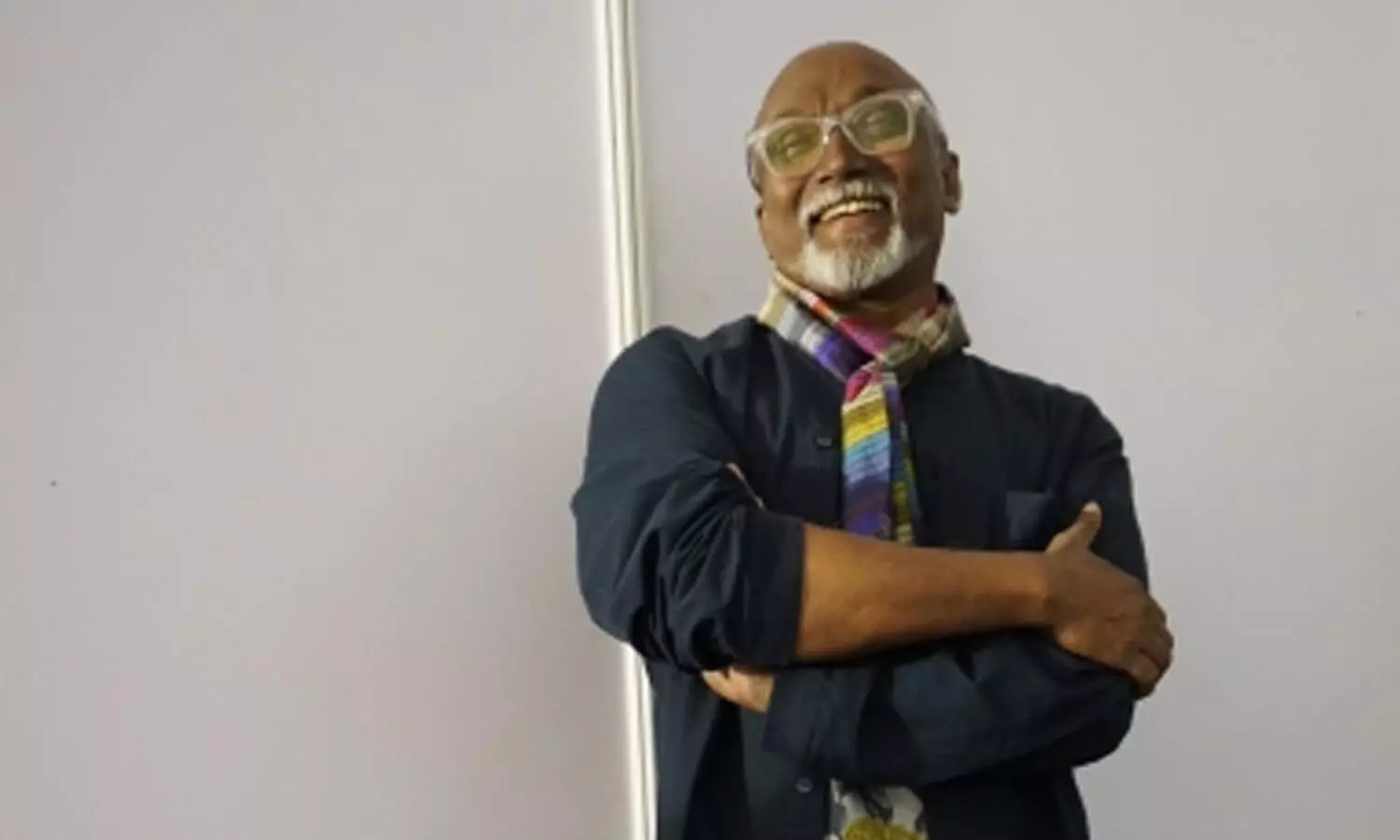
Stressing that collaboration should be "our future mantra" and it is paramount to encourage collaborations with museums, cultural institutions, writers and artists across contemporary art, theatre, music, performance and audiences, artist and co-founder of the prestigious Kochi-Muziris Biennale, Bose Krishnamachari opines, "I strongly believe we should have more tailor-made travel scholarships."
New Delhi: Stressing that collaboration should be "our future mantra" and it is paramount to encourage collaborations with museums, cultural institutions, writers and artists across contemporary art, theatre, music, performance and audiences, artist and co-founder of the prestigious Kochi-Muziris Biennale, Bose Krishnamachari opines, "I strongly believe we should have more tailor-made travel scholarships."
"Besides, higher-level educational scholarships for students should be opened, and 24x7 studios and sites should be made available. Curated programs and exhibitions must be commissioned. These are all important towards creating an accessible, nourishing art ecosystem," he adds.
Krishnamachari has been ranked 38th on the Global Power 100 list of the most influential people in art by Art Review, an internationally renowned art magazine feels that it is high time that governments start paying more attention to art infrastructure, betterment of museums, exhibition spaces and update the syllabus in art schools.
"Our bureaucracy on all levels must seek advice, outsource and commission the right people. They need to give powers to the learned or the experienced - powers to envision projects, infrastructure and public policy," he tells IANS.
A pass-out from Sir J. J. School of Art in Mumbai, and a Master of Fine Arts from Goldsmiths' College, University of London, Bose, who was recently in Saudi Arabia for the AlUla Future Culture Summit, agrees that Middle-Eastern countries are now investing hugely in culture, thus opening up a wide scope for cultural tourism like many countries in Europe.
"I was stunned to see the expanse and extent of culture blooming in the region. One had to see the amazing initiatives to believe. Everywhere in Al Ula, below the sky, the visuals are magical and organic sculpture-scapes in multiple scales. It is one of the best locations to explore more possibilities for a future destination, an intangible and vivacious site in scale. Gio Forma’s designed architecture, 2960 mirror skin absorbing images of surroundings – it was just otherworldly," he says.
Impressed to see an array of talented and educated young women who studied abroad and returned to their origin, the artist adds, "Absolute enthusiasm and inquisitiveness with positive energy. Signs of women leading the culture scene in Saudi and in the UAE – what a great thing! And let us not forget the Louvre by architect Jean Nouvel and Frank Gehry’s Guggenheim Abu Dhabi will be ready in a few years."
For someone who has done theatre, and music, besides a film appreciation course from FTII, Pune, Mumbai-based Krishnamachari feels art learning cannot be just a one-direction journey and it is important to make oneself aware of other creative practices.
"This exercise gives you confidence in complementary subjects and frees you from the conventions of schooled thought and forms. A multicultural, multilingual, multi-race, multimedia and ultra-media and secular place is more creative than a mono-discursive site," he asserts.
In the last one decade, one has witnessed a spate in the number of private museums and art foundations in India with many more coming up. Pleased with the development, the artist feels it is a welcome change, but they too must, like universities, invest in artist support structures.
"Production spaces are the most important - photo processing studios, printmaking studios, woodworking studios, laboratories of material science and experts, metal foundries etc. Present and future universities must transform into universities of culture, aesthetics, design and technology-based laboratory studios. And finance will follow them," he concludes.
--IANS
sukant/sha







